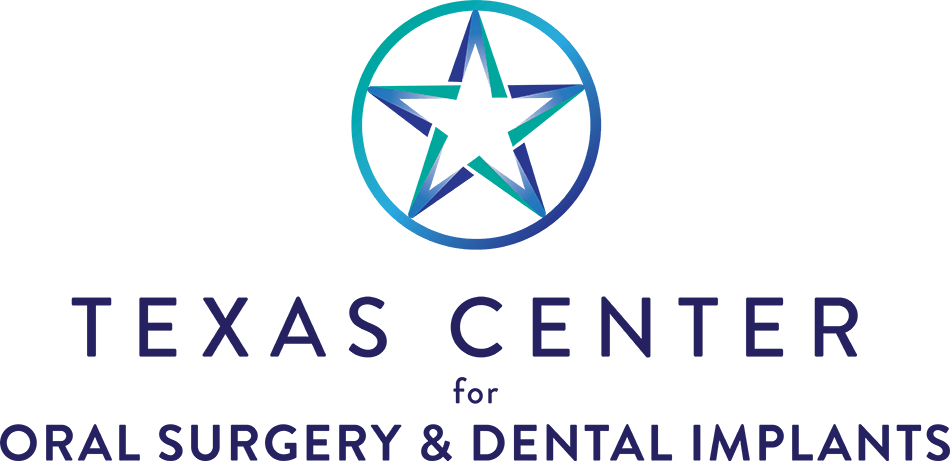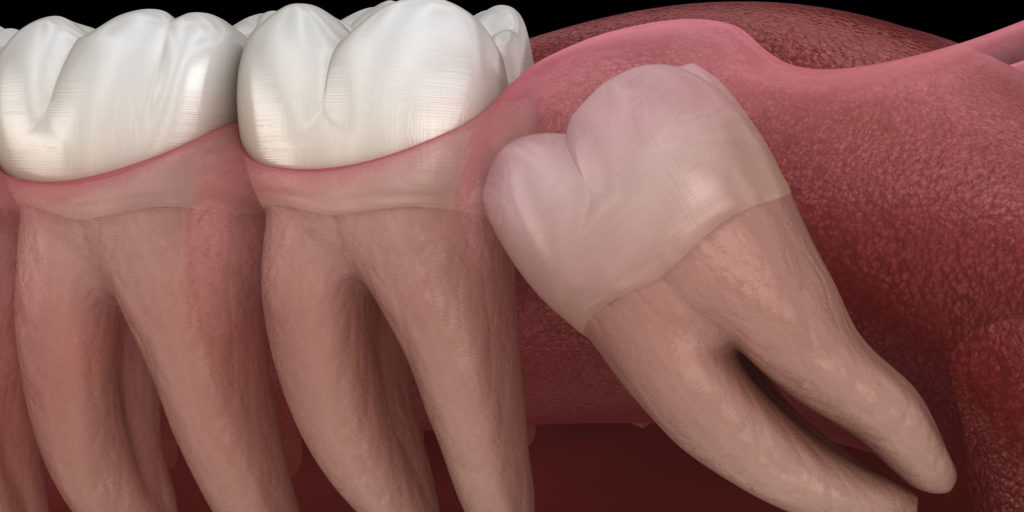
Swelling, infection, pain. Wisdom teeth (third molars) are prone to these problems. When these complications occur, you need these problem teeth extracted—a surgical procedure best completed by an oral and maxillofacial surgeon. Rely on our team to expertly remove your wisdom teeth in Flower Mound, Frisco and Denton, TX.
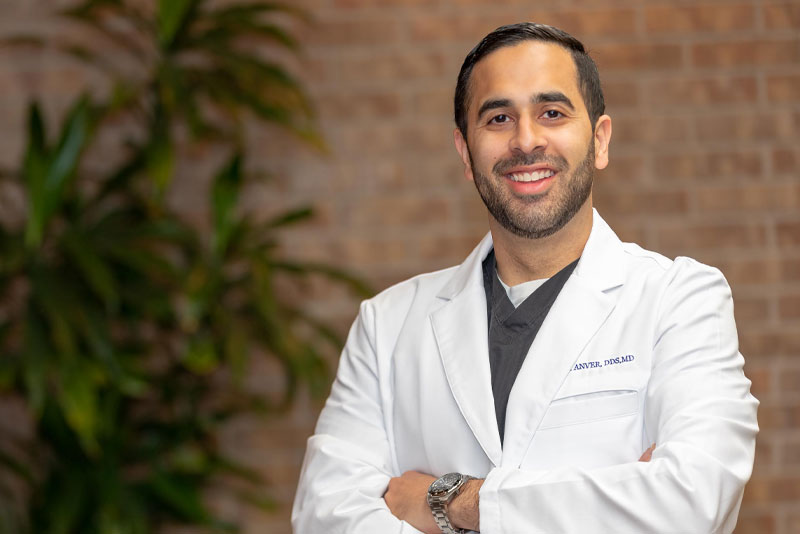
Top 3 Reasons To Get Your Wisdom Teeth Removed
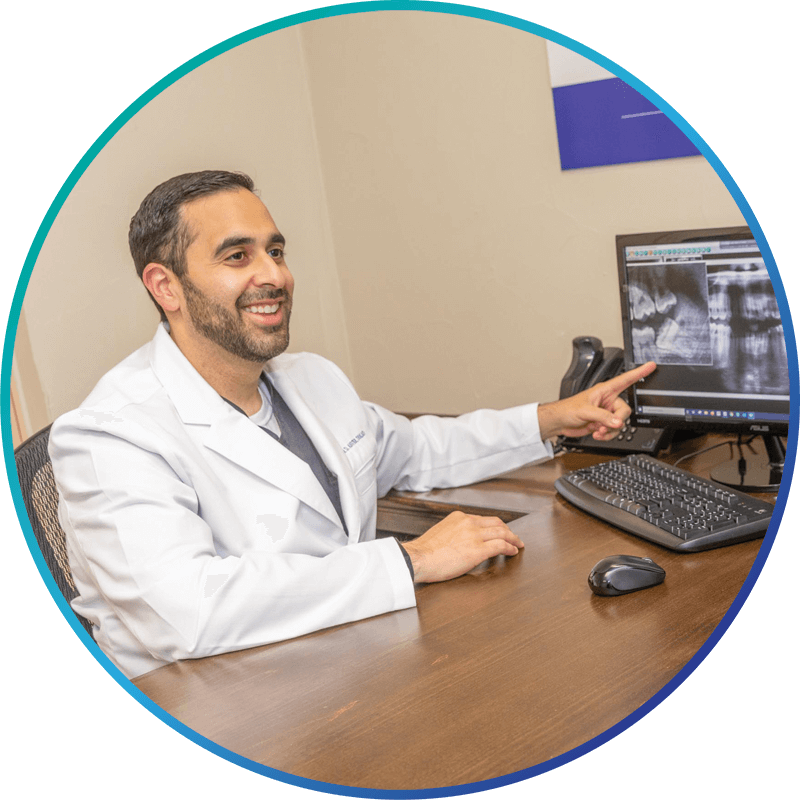
The last teeth to erupt, typically by our teenage years, wisdom teeth rarely have enough room to grow in properly. Due to this and the upward curvature of the jawbone, they often grow sideways—pushing against healthy teeth—and sometimes failing to erupt fully through the gums. This causes swelling, infection, pain, misalignment, and sometimes cysts and tumors. Ultimately, these late-erupting teeth can cause a great deal of difficulty and yet you don’t need them to eat or speak normally. Considering all of this, we recommend seeing an oral and maxillofacial surgeon for diagnosis and possible extraction before allowing these issues to arise.

As oral surgeons, we’re certified to manage your anxiety and discomfort with advanced anesthesia, including IV sedation. That means a quicker, less traumatic procedure and a quicker recovery. Under sedation, you’ll have no awareness of the procedure, nor will you remember it after. You’ll essentially sleep through it! We’ll also numb the treatment area to keep you from experiencing any pain after awakening. Your wisdom teeth may be fully intact when we pull them from your jawbone. If they’re deeply impacted, we may need to open your gums and remove them in sections, along with small amounts of the surrounding bone. This is why an oral surgeon is the superior choice for wisdom teeth extractions!
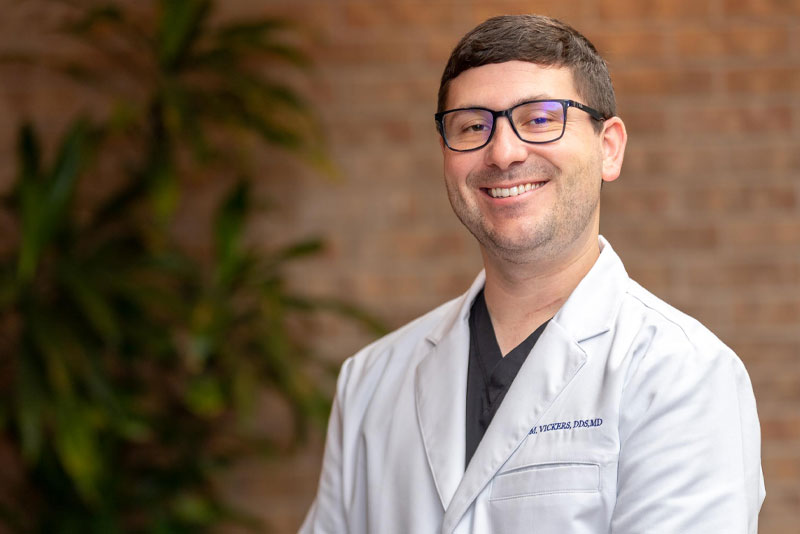
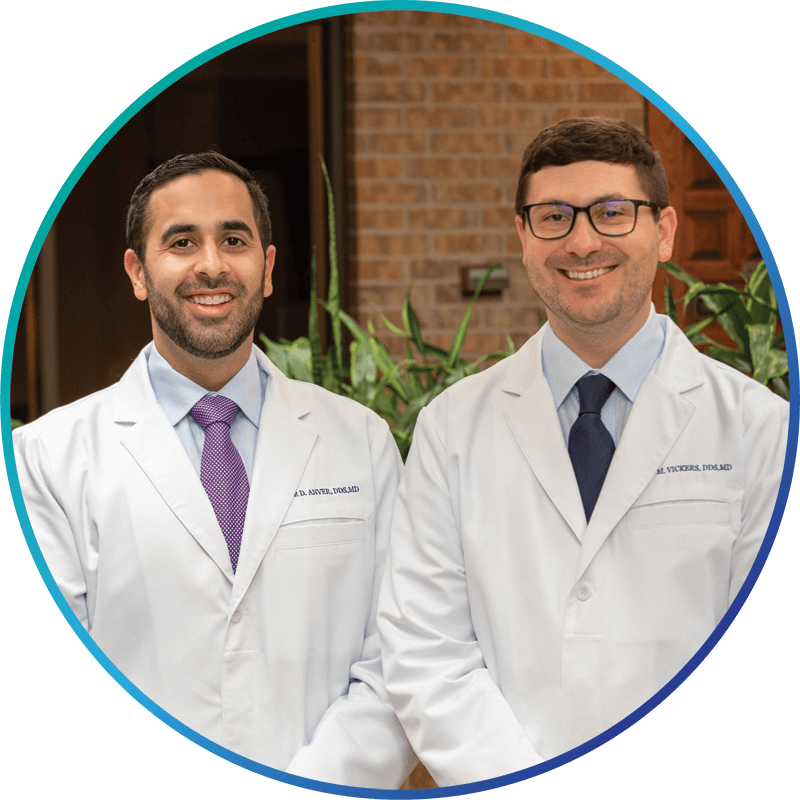
Wisdom teeth are often situated very closely to important structures like nerves, sinus cavities, and other teeth, so it’s important to find an expert who can remove those teeth as carefully as possible while prioritizing your safety and comfort. We’re dual-degreed oral and maxillofacial surgeons with both medical and dental degrees who perform wisdom tooth removal daily. We’ve removed more than 10,000 wisdom teeth and do more than 1,000 IV sedation cases each year. We’re not only wisdom tooth removal specialists, we know best how to keep you comfortable throughout the entire process.
All oral and maxillofacial surgeons must complete a minimum of four years of advanced training in a hospital-based surgical residency after dental school. After accomplishing that, our doctors became board-certified by the American Board of Oral and Maxillofacial Surgery (ABOMS) by passing rigorous examinations and a peer evaluation process. In addition, we’re on staff at Medical City Lewisville and Texas Health Surgery Center Denton. You won’t find a more qualified practice for wisdom teeth extractions than Texas Center for Oral Surgery and Dental Implants.





Dental Implants - Which Dental Specialist To Choose?
I understand the information disclosed in this form may be subject to re-disclosure and may no longer be protected by HIPAA privacy regulations and the HITECH Act.
